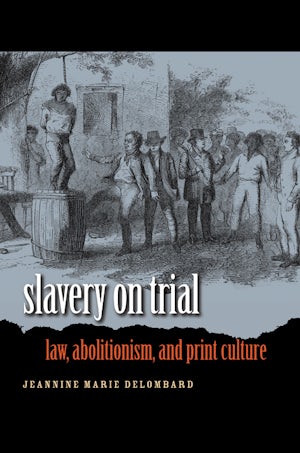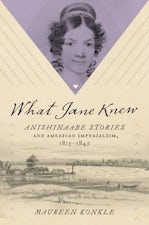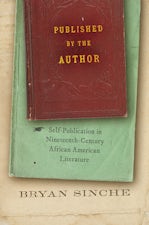Slavery on Trial
Law, Abolitionism, and Print Culture
By Jeannine Marie DeLombard
344 pp., 6.125 x 9.25, 13 illus., notes, bibl., index
-
Paperback ISBN: 978-0-8078-5812-7
Published: May 2007 -
E-book EPUB ISBN: 978-0-8078-8773-8
Published: June 2009 -
E-book PDF ISBN: 979-8-8908-8112-0
Published: June 2009
Studies in Legal History
Buy this Book
- Paperback $42.50
- E-Book $29.99
For Professors:
Free E-Exam Copies
Discussing autobiographies by Frederick Douglass, a scandal narrative about Sojourner Truth, an abolitionist speech by Henry David Thoreau, sentimental fiction by Harriet Beecher Stowe, and a proslavery novel by William MacCreary Burwell, DeLombard argues that American literature of the era cannot be fully understood without an appreciation for the slavery debate in the courts and in print. Combining legal, literary, and book history approaches, Slavery on Trial provides a refreshing alternative to the official perspectives offered by the nation’s founding documents, legal treatises, statutes, and judicial decisions. DeLombard invites us to view the intersection of slavery and law as so many antebellum Americans did--through the lens of popular print culture.
About the Author
Jeannine Marie DeLombard is associate professor of English at the University of Toronto, where she is affiliated with the Centre for the Study of the United States and the Collaborative Program in Book History and Print Culture.
For more information about Jeannine Marie DeLombard, visit
the
Author
Page.
Reviews
"Succeeds admirably. . . . DeLombard's keen insights serve not as the defining word on print culture and abolition but as an inspiration to further interdisciplinary research."--Journal of Social History
"[A] pathbreaking work. . . . [DeLombard] ably integrates the methodologies of literature, history, and law to make a convincing argument that the debate over slavery contributed to the development of print culture in antebellum America. . . . Provides compelling evidence."--Civil War History
"The depth and breadth of . . . research and discerning literary comments are . . . impressive."--The Historian
"A worthwhile study which should be of interest to scholars from a range of disciplines including history, legal studies, literature, and American studies."--Southern Historian
"An intriguing examination."--Journal of Southern History
"The elegance of the book's unifying legal metaphors and its intensive textual analyses generate fresh insights. . . . An accessible productive analysis that offers a valuable way to conceptualize abolitionism during an era when so many Americans judged arguments for immediate abolition of slavery to be out of order."--The Register of the Kentucky Historical Society




